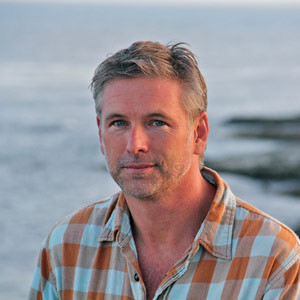

Neuroscientists and psychologists add that the ocean and wild waterways are a wellspring of happiness and relaxation, sociality and romance, peace and freedom, play and creativity, learning and memory, innovation and insight, elation and nostalgia, confidence and solitude, wonder and awe, empathy and compassion, reverence and beauty - and help manage trauma, anxiety, sleep, autism, addiction, fitness, attention/focus, stress, grief, PTSD, build personal resilience, and much more.Ĭhronic stress and anxiety cause or intensify a range of physical and mental afflictions, including depression, ulcers, colitis, heart disease, and more. In addition to fostering more widely documented ecological, economic, and cultural diversities, our mental well-being, emotional diversity, and resiliency also rely on the global ecological integrity of our waters.īlue space gives us half of our oxygen, provides billions of people with jobs and food, holds the majority of Earth's biodiversity including species and ecosystems, drives climate and weather, regulates temperature, and is the sole source of hydration and hygiene for humanity throughout history.

Keeping them healthy, clean, accessible, and biodiverse is critical to human health and well-being. The world ocean and all waterways, including lakes, rivers, and wetlands (collectively, blue space), cover over 71% of our planet.

Our wild waters provide vast cognitive, emotional, physical, psychological, social, and spiritual values for people from birth, through adolescence, adulthood, older age, and in death wild waters provide a useful, widely available, and affordable range of treatments healthcare practitioners can incorporate into treatment plans.


 0 kommentar(er)
0 kommentar(er)
